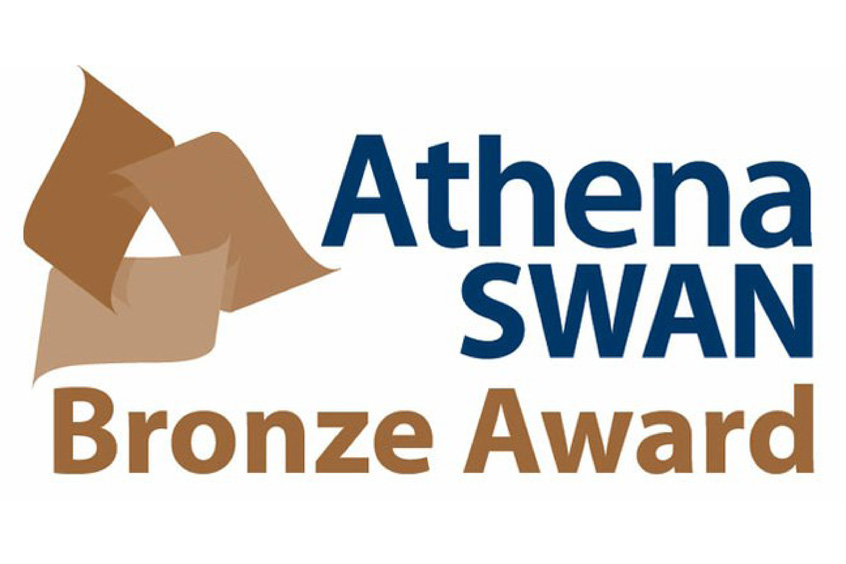SAMS news room
University recognised for promoting women in science

The University of the Highlands and Islands, of which SAMS is an academic partner, has been recognised for its efforts to promote women in science and technology.
The university has achieved the bronze award with the Athena SWAN Charter, a partnership formed to improve the representation of women in science, technology, engineering and mathematics (STEM).
The award is presented to organisations that acknowledge and address obstacles to women making the transition from PhD level into a sustainable academic career in science.
Head of Science at SAMS UHI Prof Sheila Heymans said: “Congratulations to everyone within the university who contributed to this award, which recognises efforts to promote women in STEM.
“I am particularly proud of the SAMS UHI contribution to this award. I work alongside a number of dynamic female scientists who contribute hugely to our world class marine science research and excel in leadership roles.”
Six principles represent the cornerstone of Athena SWAN; to join the charter, vice-chancellors or principals must indicate that their institution will take action to address the following areas: to address gender inequalities requires commitment and action from everyone, at all levels of the organisation; to tackle the unequal representation of women in science requires changing cultures and attitudes across the organisation; the absence of diversity at management and policy-making levels has broad implications which the organisation will examine; the high loss rate of women in science is an urgent concern which the organisation will address; the system of short-term contracts has particularly negative consequences for the retention and progression of women in science, which the organisation recognises.
In May 2015 the charter was expanded to recognise work undertaken in arts, humanities, social sciences, business and law (AHSSBL), and in professional and support roles, and for trans staff and students.
The charter now recognises work undertaken to address gender equality more broadly, and not just barriers to progression that affect women.
